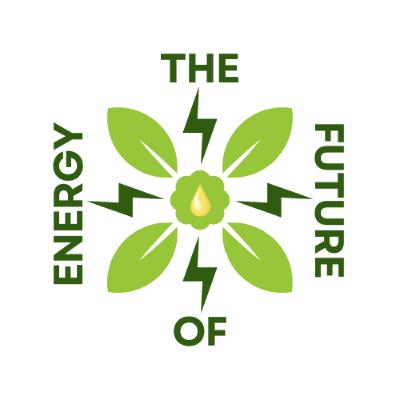Ep 9 | How Can Capturing Carbon and Monitoring Methane Play a Role in the Energy Transition?
Description
In 2022, global greenhouse gas (GHG) emissions reached a high of 53 billion metric tons of CO2 equivalent. To bring that down to net zero, we can either stop emitting GHGs into the atmosphere, or we can pull out CO2 that has already been emitted. In this episode, we focus on two solutions to address areas where energy emissions are hard to abate.
One solution is carbon capture and sequestration, or CCS, which involves capturing CO2 from the air and storing it underground. In the first half of this episode, we speak with Dr. Saro Meguerdijian, a researcher at the Los Alamos National Laboratory in New Mexico, who explains what CCS is and how it works, as well as the crucial role it can play in addressing our growing carbon emissions.
Another solution is monitoring methane emissions from oil and gas operations to identify and mitigate leaks and flares. This has become a hot topic lately as methane has accounted for about 30% of global warming since the Industrial Revolution and is 80x more potent at warming than carbon dioxide over a 20-year period. A lot of methane leaks into the atmosphere from oil and gas operations, and recent studies have found much higher rates of leakage from natural gas production than previously known. Thus, methane leaks can make natural gas just as bad as coal in contributing to climate change. In the second half of this episode, we speak with two graduate students, Will Daniels from the Colorado School of Mines and Rachel Day from Colorado State University, about methods for detecting methane emissions from oil and gas production and the role that data might play in reducing these emissions.
00:00 Interview with Dr. Meguerdijian
02:30 Interview with Will Daniels and Rachel Day
01:03:46 Concluding Remarks
Don’t forget to subscribe to our podcast so you can automatically get access to our new episodes – you can find us on Apple, Spotify, YouTube, or wherever you get your podcasts. And we would appreciate it so much if you could leave a rating and review. Special thanks to our guests for today and Abhi, our technical guru, for their important contributions to today’s episode. This podcast is sponsored by the USC Ershaghi Center for Energy Transition.
Disclaimer: The views, information, or opinions expressed during the Energy Transition Talk series are solely those of the individuals involved and do not necessarily represent those of the Ershaghi Center for Energy Transition (E-CET) or the producers of this podcast.
Referenced in this episode and additional resources:
Statista, Annual greenhouse gas emissions worldwide from 1970 to 2022
NPR, July 14, 2023, Natural gas can rival coal's climate-warming potential when leaks are counted
UNEP, Aug. 20, 2021, Methane emissions are driving climate change. Here’s how to reduce them
Colorado State University Energy Institute, Methane Emissions Technology Evaluations Center (METEC)
Energy Emissions Modeling and Data Lab – Initiative of the University of Texas at Austin, Colorado State University, and Colorado School of Mines to develop transparent models and datasets for accurate GHG emissions accounting across the global oil and gas supply chain- https://energy.colostate.edu/metec/ Methane Emissions Technology Evaluations Center (Colorado State University)
- https://www.eemdl.utexas.edu/ Energy Emissions Modeling and Data Lab (University of Texas at Austin, Colorado State University and Colorado School of Mines)



















